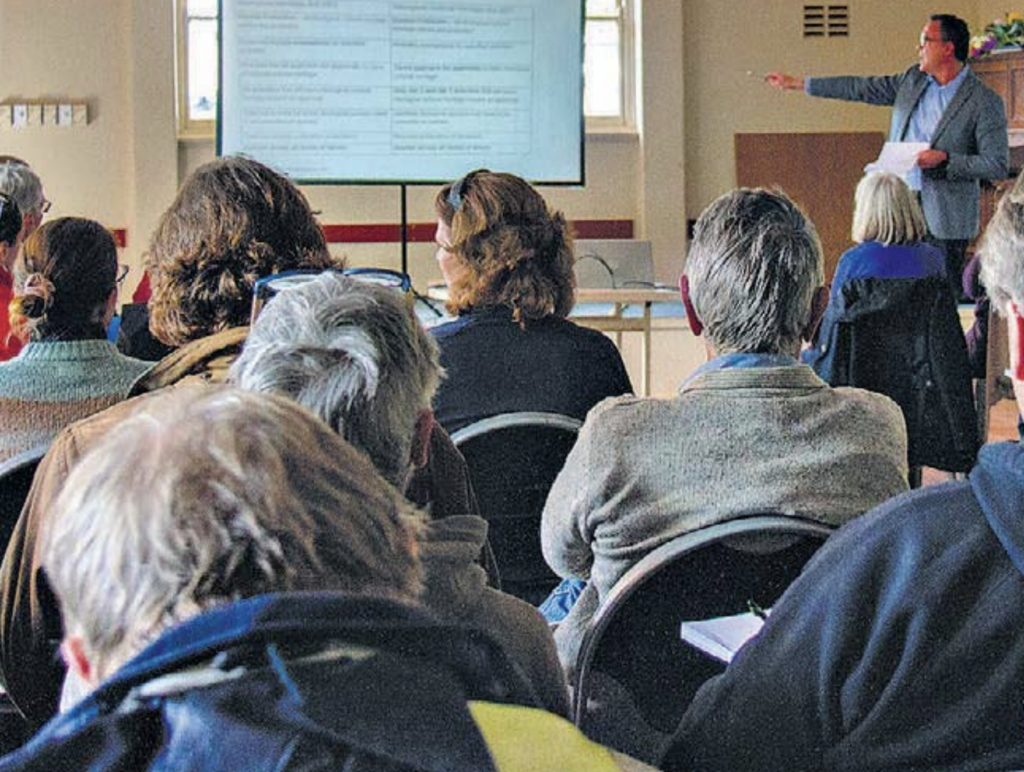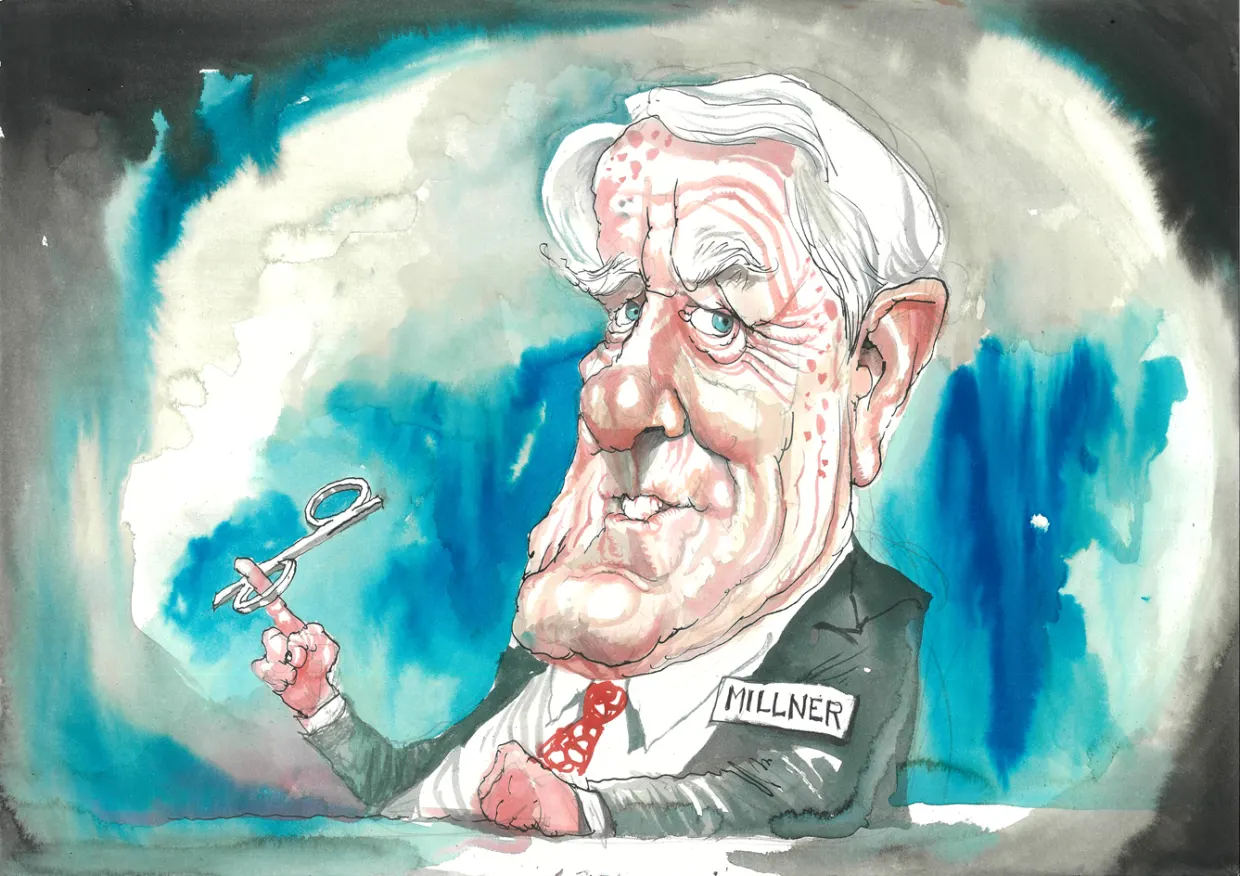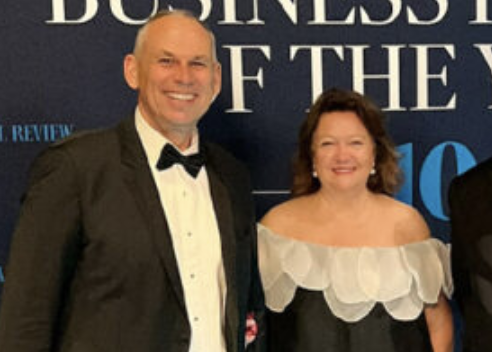

Article by Gera Kazakov courtesy of Echo, Perth.
SEVENTY Hills residents have vented their frustrations and aired their concerns about the new Aboriginal Cultural Heritage Act at a Department of Planning, Lands and Heritage information session held at Gidgegannup Town Hall.
DPLH assistant director general of heritage and property services Vaughan Davies delivered the information session for the residents, as state Labor members Darren West and Jessica Shaw helped to answer questions and moderate the discussion.
Gidgegannup Progress Association Chairperson Sally Block said the presentation was badly prepared and should had been delivered before the new Act came into place.
She said the Perth Hills region had many known Aboriginal cultural heritage sites such as Wooroloo Brook or the Avon and Swan rivers, and many landowners had those sites or tributaries going through their property.
“This is going to affect them, and people are concerned about this,” she said. Mrs Block said the residents of Gidgegannup needed reassurance and definite guidance what they are required to do under the new Act.
“You could see concern in the room from a lot of people,” she said.
“I was very concerned about the language that was used throughout the presentation.
“There were so many words like ‘might, probably, possibly Mrs Block said the lack of community consultation in the hills surrounding the implementation of the Act was worrying.
“It would’ve been very easy to have had consultation with us in the outer-metro area, and that’s not just particularly Gidgegannup,” she said.
DPLH assistant director general of heritage and property services Vaughan Davies stressed throughout the presentation that ‘like-for-like’ activities are exempt under the new Act, urged people to use their common sense, and insisted the state government has tried to make protecting Aboriginal cultural heritage easier for everyone.
Mr Davies said the new laws only apply when there is a risk of harm to Aboriginal cultural heritage, and if landowners were to discover Aboriginal heritage on their land, the new Act states there is no duty for the landowner to maintain the heritage.
“There’s nothing in the Act that says you have to do anything with Aboriginal cultural heritage unless you want to impact it, there’s no maintenance requirements or anything like that,” he said.
“Depending on the size of your land, and your appetite for celebrating and protecting and managing Aboriginal cultural heritage, we’d invite people to [maintain it], but there’s no requirement.”
Mr Davies said the new act makes it illegal to make false heritage claims, and said there are minimum requirements of what will constitute heritage.
He said that the DPLH will have to know what the heritage is, where it is, and how it can be harmed before it could be added to the heritage register.
When questioned about what will happen to landowners who are caught in between Whadjuk and Ballardong land, Mr Davies said big companies would potentially need to organise two cultural management plans with the relevant Local Aboriginal Cultural Heritage Service, whereas small landowners will be given help to guide them through the process. “They’re the ones that the department will get involved in and we’ll come up with a solution.”






